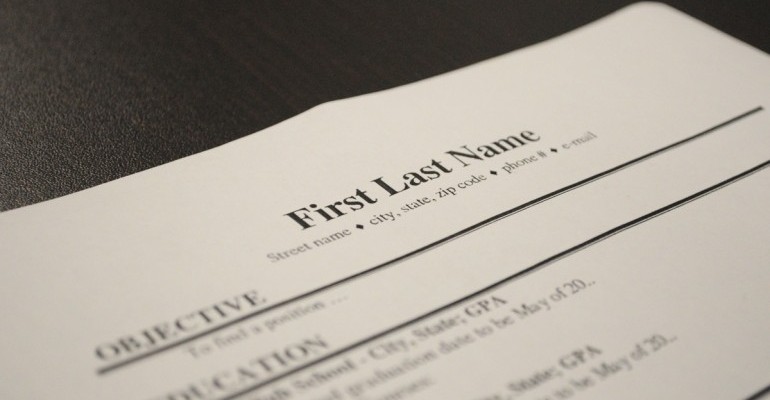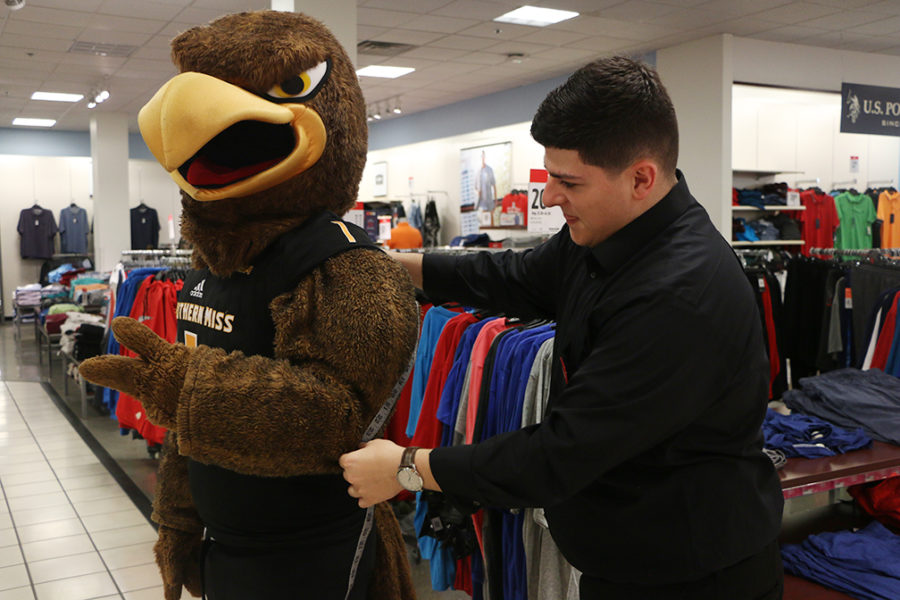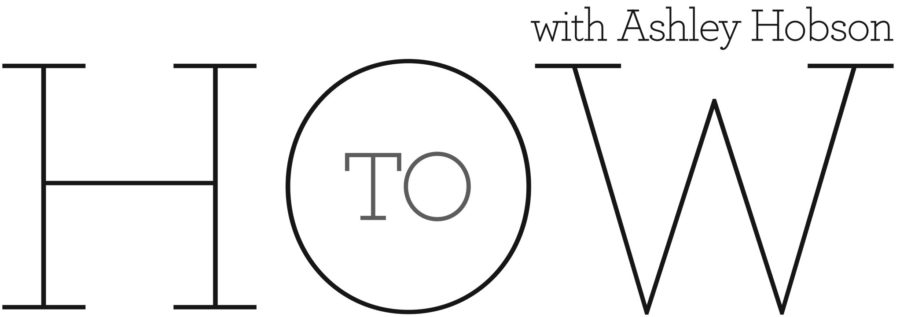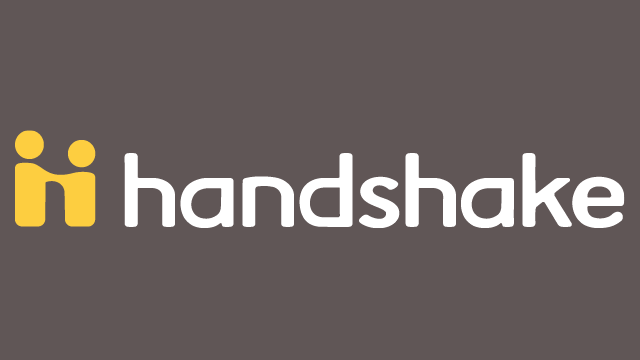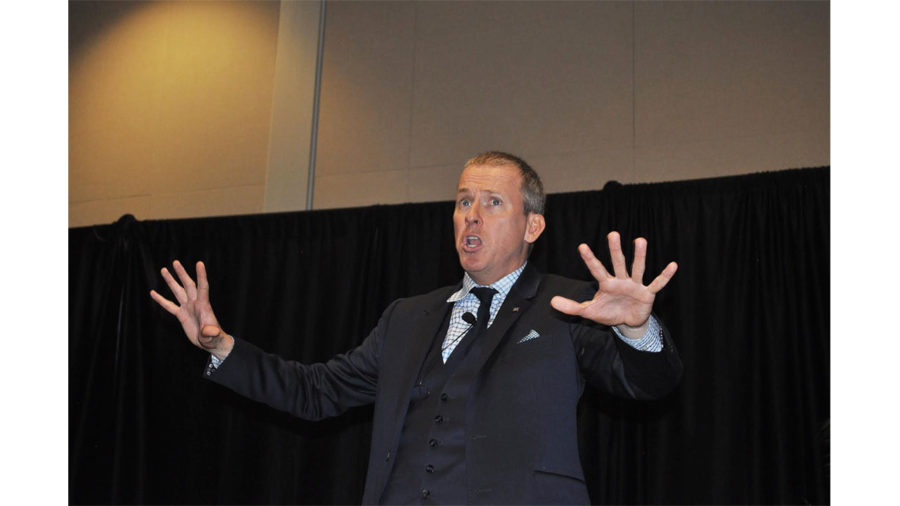Picture this: it’s senior year, and you are praying for a job in your field. You’re sitting in the office of some corporate headhunter that has seen at least 50 other faces just like yours in the past day.
She sighs, rubs her forehead and picks up your resumé only to grimace at the word ‘vomit’ that has so awfully graced that expensive parchment paper that you bought at Office Depot. Oops.
A resumé, much like a picture, says a lot about a person. It should succinctly and effectively tell the interviewer what that applicant values, the career experience of that applicant and advertise that applicant’s skills and potential in that particular company.
It should be clean and follow a standard, but not be boring and formulaic. Sounds a bit like asking for the moon.
However, the most important aspect of a resumé is that it needs to only be the length of the front of one printed page. W. J. Bates, owner and founder of B & G Equipment, said that he refuses to look at two-page resumés.
“I’m a busy man,” he said. “I (am not) going to sit there and read about some (person’s) middle school volunteer work when I’m looking for a salesman that can sell with a short, effective sales pitch.”
Debbie Webb, president of B & G Equipment, said that she places more value in quality, not quantity of jobs. “I tend to look at how long an applicant stayed at a particular job,” she said.
“If I have an applicant with a few long-term jobs as opposed to an applicant with many jobs where they might have worked a few months, I go for the previous. The (person with more jobs) seems like they may be flighty or inconsistent, therefore not worth spending the time training them.”
First, it is not necessary to list every single job down to that job at the ice cream place in ninth grade. List the most recent and relevant jobs in reverse chronological order, usually about three or four.
For example, say freshman year you worked in the mall, sophomore year you worked at a pizza place and junior and senior year you were a resident assistant. The order would go: RA, pizza place and then the mall.
If you have military service, internships and major volunteer roles in your past and think those are relevant to the job you are applying for, add them as former jobs if you so choose.
If you were the South regional volunteer coordinator for the International Quidditch Association and you are applying to be an event coordinator for XYZ Industries, then having that leadership and coordination experience is helpful to have on your resumé.
For the education section, list education in reverse chronological order, degrees or licenses first, followed by certificates and advanced training. For example, a USM undergraduate student would first put The University of Southern Mississippi, followed by their Bachelors of Whatever (est. graduation 2015), Liberal Arts. If you have any certifications or honors, that would be listed under the appropriate university.
So, maybe you have an acceptable amount of jobs, but you’re an overachiever with a long list of awards, achievements and accolades.
If it is an award associated with education, that notation would be under the “Education” section. These are awards such as STAR Student, President’s List, Dean’s List or Valedictorian. Awards that are not education-related (District Employee of the Month for retail, conference awards or special career-specific honors) will be placed under here.
Many people argue whether references should be included in the resumé. Many accept a “references provided upon request” line and if interested, actually request your references. According to the Rockport Institute, listing your references is not necessary, nor is the tagline mentioned above, as they are assumed to exist.
What is most important about building a one-page resumé is choice. Do not marry yourself to one single resumé; if you need to tailor a resume to one job or another, that is completely acceptable. Choose the jobs and the awards that are going to appeal you to the specific company in mind, and use wise judgment in what needs to be or not be included.
If you are still struggling with creating a proper resumé, visit USM Career Services for some extra one-on-one help with a professional career counselor. They will look at a draft of a resumé you have and give you tips on how to improve it.
A strong resumé is a calling card of a great career-minded person and an important tool in the hiring process. Don’t let a piece of paper intimidate you; master it and gain the confidence you need to get that job.
For more information on USM Career Services, visit www.usm.edu/career-services.






















